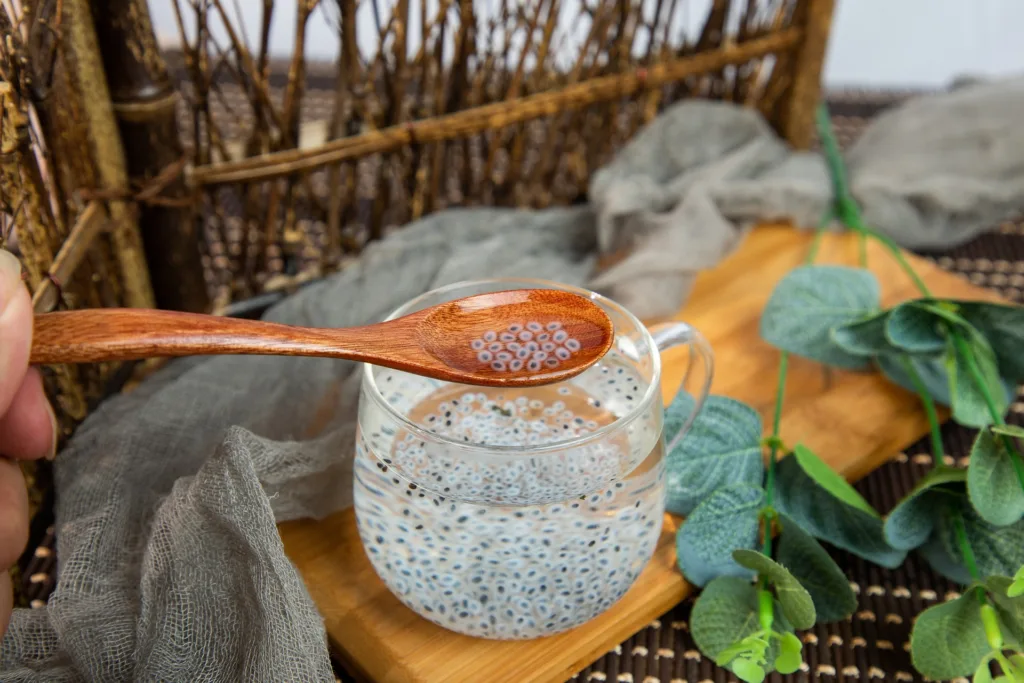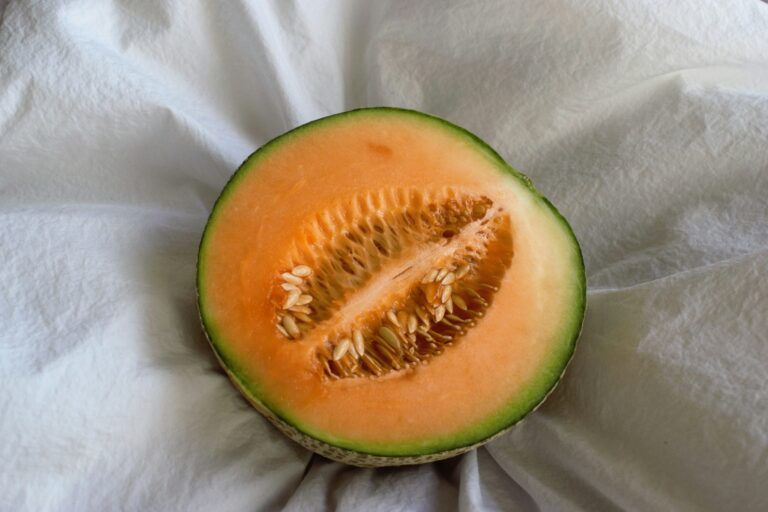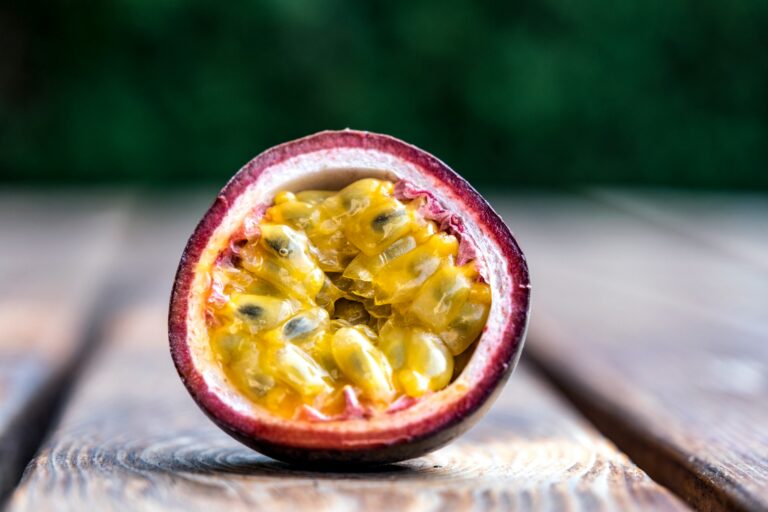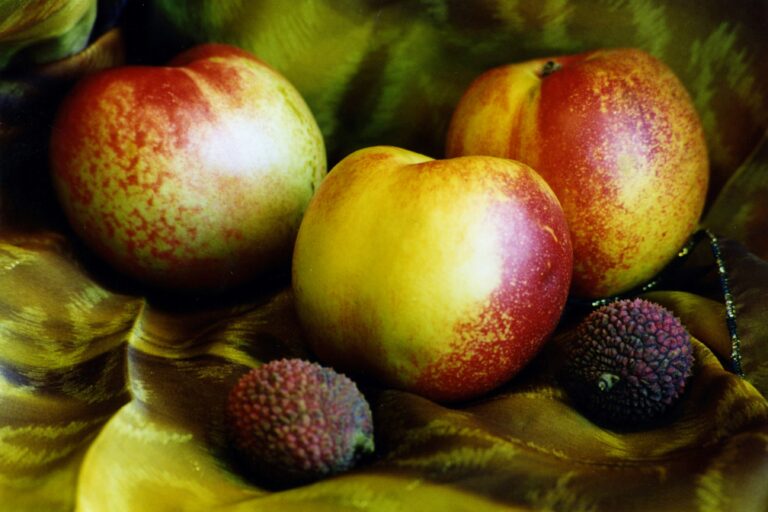The scientific name of the basil seed is Ocimum basilicum. In the Urdu language, basil seeds are commonly known as tukh Malanga. Basil seeds are native to Southeast Asia and India. Basil seeds are originated from the tropical regions of Africa and Asia. Other names for basil seeds are sabja seeds, tukmaria seeds, and sweet basil seeds. Basil seeds belong to the members of the vast mint family.
Color: Basil seeds are generally black in color and look similar to the Chia seeds.
Shape: The shape of the basil seed is round and believed to be observed elliptical in shape not oval.
Size: The length of basil seed is 2.31 to 3.11 m in length and thickness ranges from 0.99 to 1.34 mm and width ranges from 1.3 to 1.8 mm.
Flavor: Basil seeds have a mild, sweet flavor with a gelatinous texture when soaked in water, drinks, or dessert.
Nutrients
Basil seeds are important and very beneficial for the human body as they are fully packed with nutrients. Basil seeds are perfectly edible. Basil seeds are rich in numerous minerals but their most important and excellent source of nutrients are protein and dietary fibers. Some of them are described below:
- Calories 60
- Fats 2.5 g
- Omega-3 fat 1,240 mg
- Fiber 7 g
- Protein 2 g
- Calcium 15 % of the RDI
- Carbohydrates 7 g
- Iron 10% of the RDI
- Magnesium is 10% of the RDI
| How to grow basil seeds? |
Healthy Benefits of Basil Seeds
Basil seeds are nutritious and easy to enjoy in a number of different recipes. Basil seeds help in losing weight, treating heartburn, and controlling blood sugar levels.
Good source of Omega-3 fat
Alpha-linolenic acid ( ALA ), is an Omega-3 fat. Our body normally uses ALA to produce energy. It is considered an adequate intake of these beneficial fatty acids. It helps to reduce the risk of certain conditions like type 2 diabetes and heart disease. It may also have anti-inflammatory properties.
Fibrous advantage
Drinks have been used by food manufacturers in the United States, adding plenty of fibers in the form of basil seeds. In India, a popular cold desert-like beverage is faluda commonly used for getting nutritional advantages.
Rich in anti-oxidant
Basil seeds are rich in plant compounds like flavonoids and other polyphenols. Flavonoids are antioxidants, their main function is to protect your cells from damage by the free radicals. These plant compounds have anti-cancer properties and anti-inflammatory properties. Basil seed extract kills harmful bacteria from your body and also triggers the death of cancer cells.
Support gut health
Pectin found in Basil seeds has prebiotic advantages. It nourishes your gut and increases the quantity of beneficial gut bacteria. It also has anti-inflammatory bacteria that support your gut health. However, pectin may delay stomach emptying and increase hormone levels that promote a sense of fullness in your stomach.
Powerhouse of minerals
Basil seeds contain a good amount of iron which is needed to maintain the haemoglobin level, the protein required to transport oxygen in the blood. Other than iron, calcium, and magnesium are also present in the basil seeds required for the optimal functioning of the bones and muscles.
Cooling effect on the body
Basil seeds are known to reduce body heat and produce a soothing and cooling effect against scorching sun in summer. It can become part of many drinks like lemonade, yogurt, coconut milk, milkshakes, and smoothies.
Improve cholesterol
Pectin may lower the blood cholesterol by inhibiting the cholesterol absorption from your gut. People who ate 30 g about seven teaspoons of basil seeds daily for one month may drop 8% of their total cholesterol.
Side Effects of Basil Seeds
Overuse of basil seeds in the diet may lead to nausea, bloating, diarrhea, vomiting, and abdominal cramps. Basil seeds may cause low blood sugar in some people. Pregnant women should consume basil seeds only under the guidance of a prescribed doctor or healthcare. It may tend to increase the level of estrogen hormone in the body.
FAQ
What are basil seeds good for?
Basil seeds are important and very beneficial for the human body as they are fully packed with nutrients and are easy to enjoy in a number of different recipes. Basil seeds aid in blood sugar regulation, heartburn relief, and weight loss.
Which is better chia or basil seeds?
Both basil and chia seeds are nutritious and healthy. Basil seeds are a little larger than chia seeds but have a similar nutritional profile. The two most noticeable nutritional differences are that whereas basil seeds have somewhat higher fiber, chia seeds have more than twice the amount of omega-3 fat.






